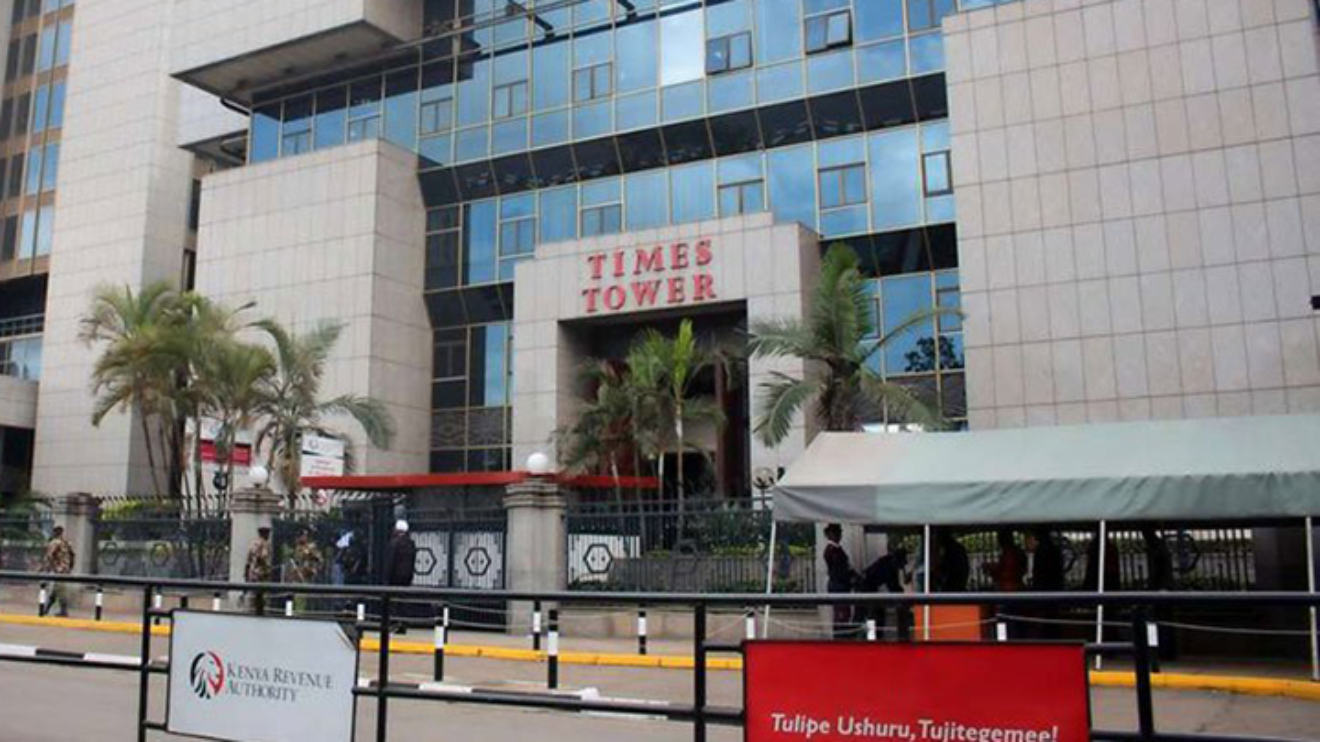Thermal Independent Power Producers (IPPs) in Kenya could soon gain significant financial relief if a parliamentary proposal to lift minimum fuel stock requirements is approved.
The move, designed to free up millions of dollars in working capital, aims to alleviate the high cost of electricity for consumers.
Currently, IPPs are required to maintain substantial reserves of Heavy Fuel Oil (HFO) to ensure power generation at any given moment.
This mandate ties up critical funds, forcing producers to purchase large volumes of fuel even when immediate demand is low.
The National Assembly's Departmental Committee on Energy has proposed that the Energy and Petroleum Regulatory Authority (EPRA) review this rule.
Read More
According to the committee, chaired by Mwala MP Vincent Musyoka, revising the regulation would allow IPPs to channel funds towards essential operations, potentially lowering electricity costs.
“The benefits in terms of the release of working capital to be passed on to consumers by potentially lowering capacity charges,” reads the committee’s report, presented to Parliament on November 25, 2024.
The report also urged EPRA to implement smart, tamper-proof meters to monitor fuel usage by IPPs, ensuring efficiency and transparency in energy production.
Tackling High Energy Costs
Kenya’s electricity prices have long burdened consumers, prompting the committee to push for a comprehensive review of regulations within nine months.
One major focus is the "take-or-pay" model, which obligates Kenya Power to purchase fixed amounts of electricity from IPPs regardless of demand, often resulting in unnecessary costs.
The MPs propose revising these terms, asserting that such changes could cut expenses for consumers while maintaining a stable energy supply.
Should Parliament adopt the proposal, it will mark a pivotal shift in the regulatory framework for thermal IPPs, the first in three years.
A History of Exemptions
This isn’t the first time the fuel stock rules have faced scrutiny.
In 2016, the Energy Regulatory Commission (now EPRA) exempted certain IPPs—such as Gulf Power, Triumph Power, Thika Power, and Iberafrica Power—from the requirement due to low thermal power demand.
However, in December 2021, EPRA reinstated the rule after a recommendation from the Presidential Taskforce on Power Purchase Agreements, established by former President Uhuru Kenyatta.
A forensic audit by the Auditor-General later revealed that the exemption had saved IPPs over $8.3 million (approximately Sh1.07 billion) in working capital between 2016 and 2020.
With this new proposal, stakeholders hope to strike a balance between reducing electricity costs and maintaining energy reliability, ushering in reforms that could reshape Kenya’s energy sector.


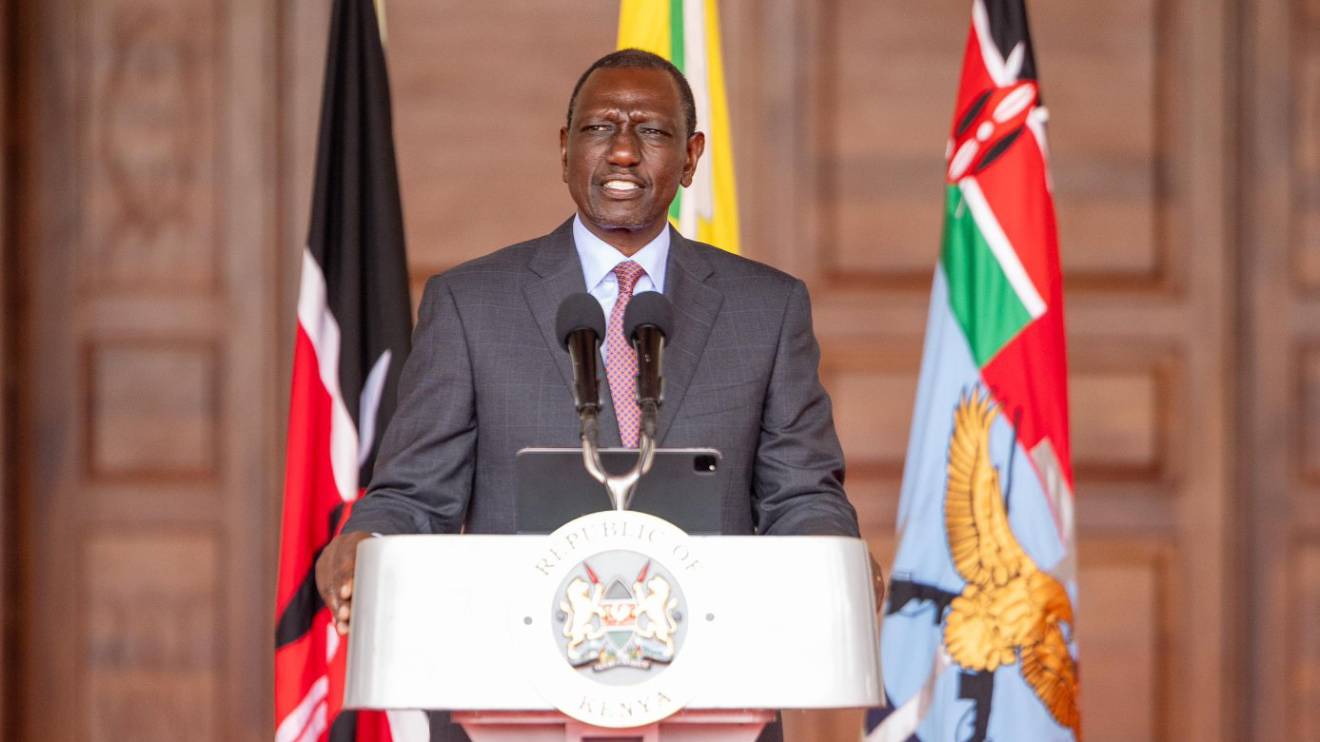
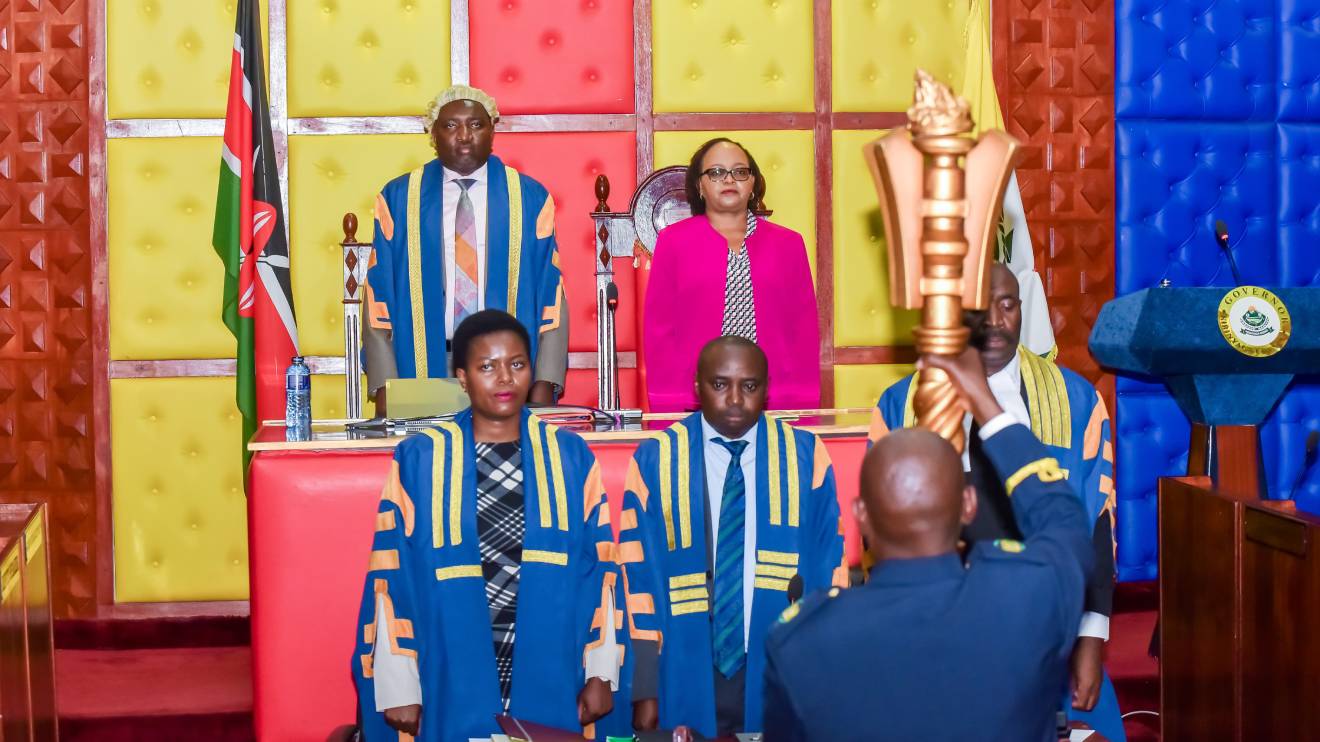

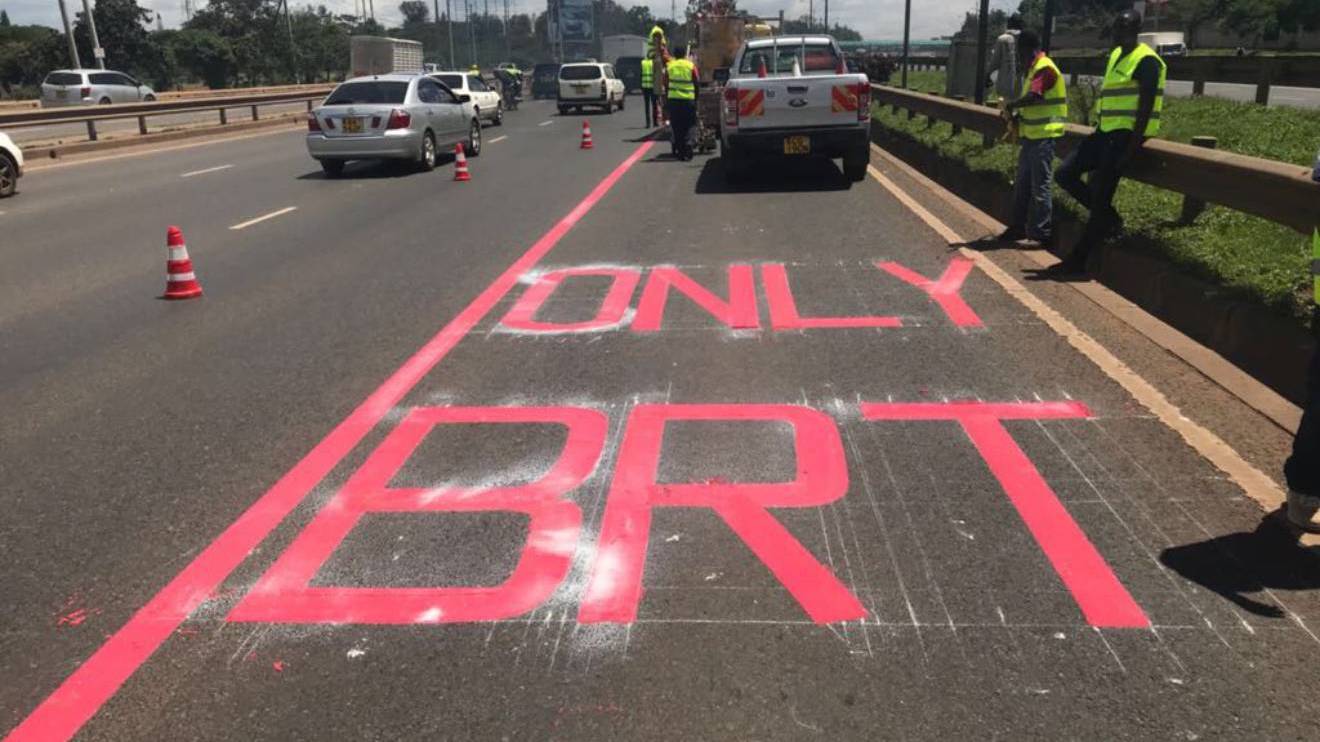
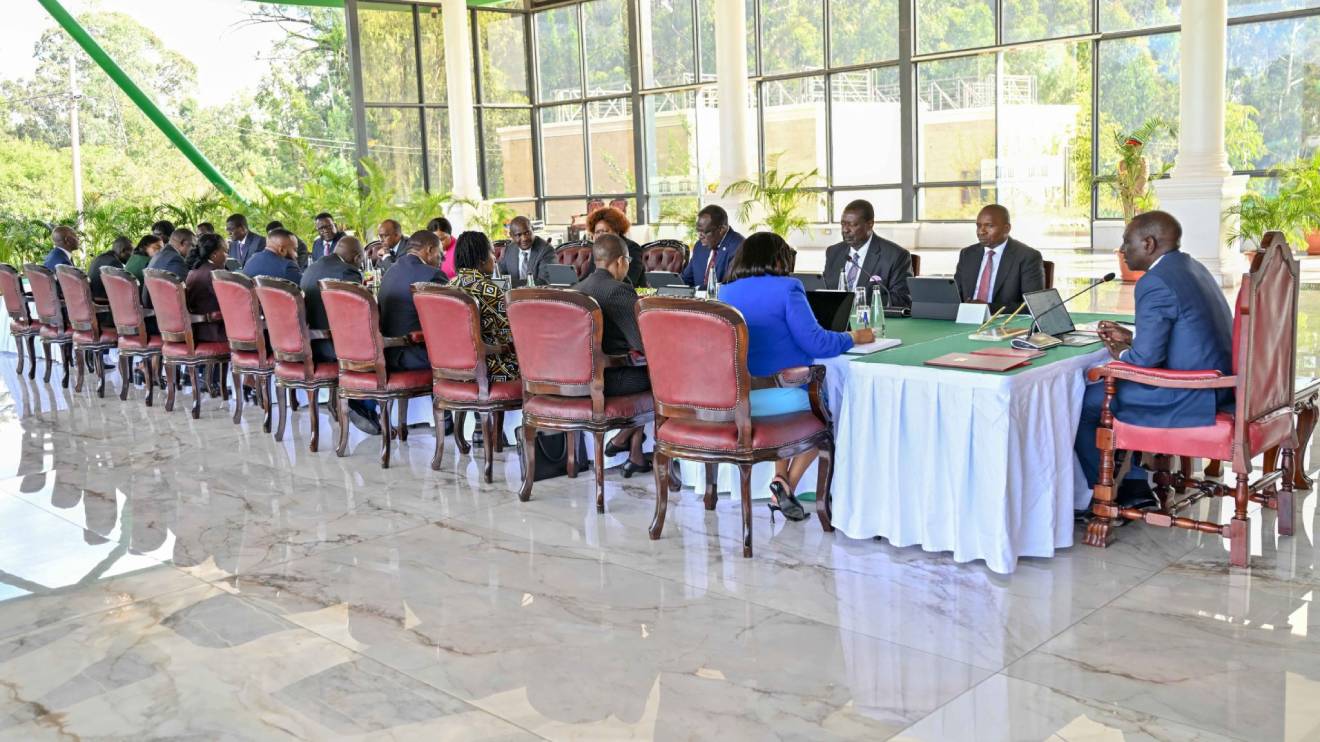
-1734630582.jpg)
-1734623727.jpg)
